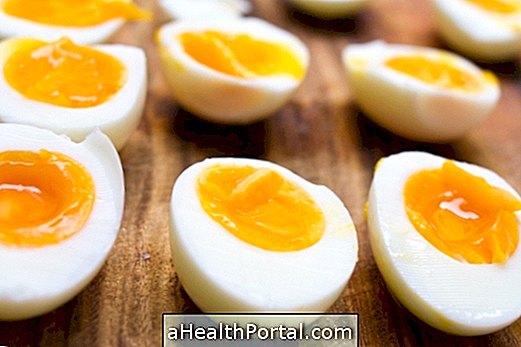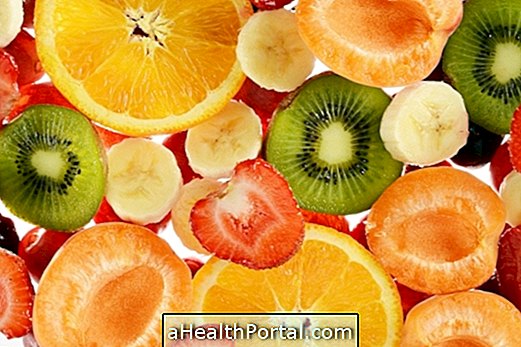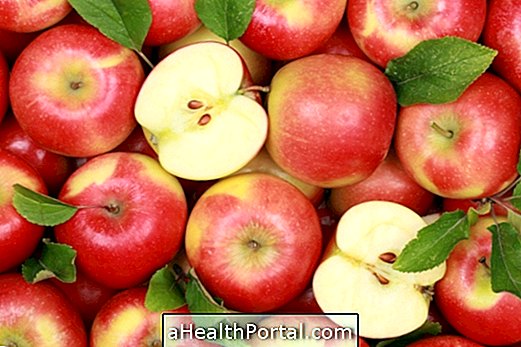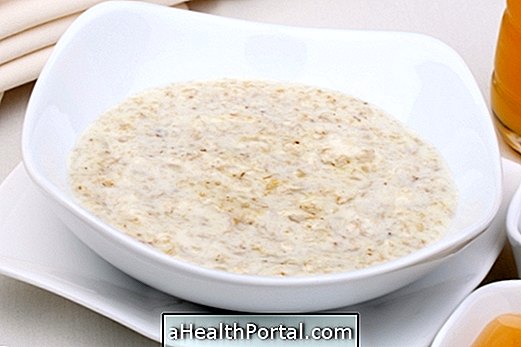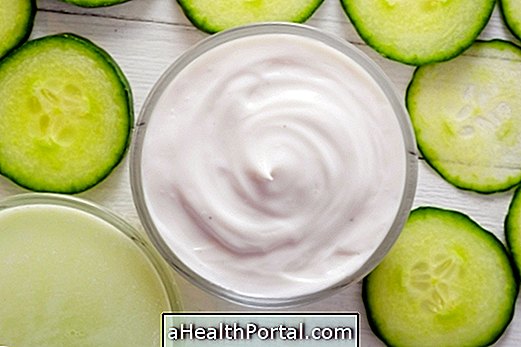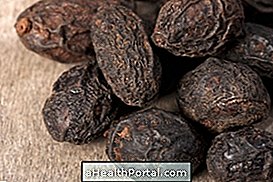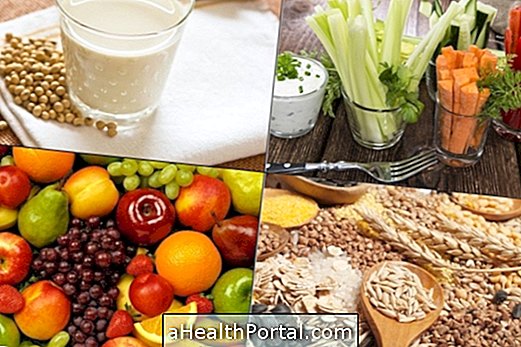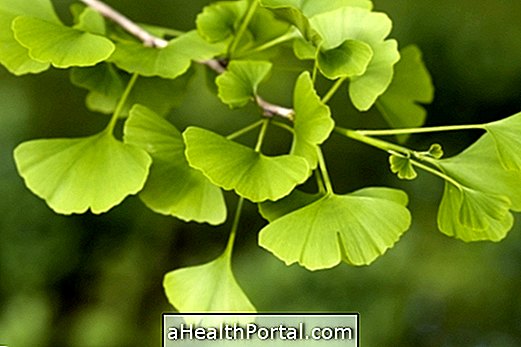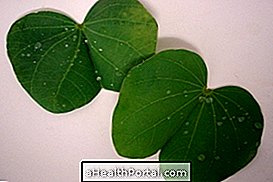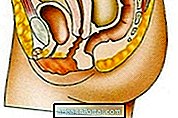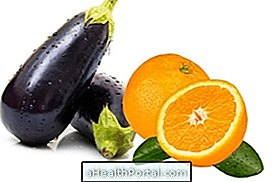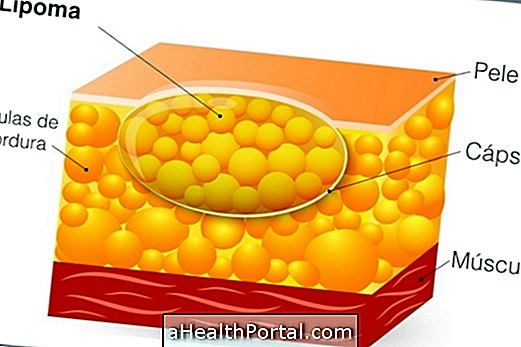Seeds help you lose weight because they are rich in fiber and protein, nutrients that increase satiety and reduce appetite, good fats that help prevent heart disease and vitamins and minerals that improve the body's function and strengthen the immune system.
The seeds of chia, linseed and pumpkin can be added in juices, salads, yogurts, vitamins and in preparations like beans and purees. In addition, various recipes include these seeds in the production of breads, cakes and pasta, helping to reduce the amount of flour and sugar in these foods and favoring weight loss.
If you do not want to read, check out the tips in the following video:

Breakfast - Flaxseed

Flaxseed should be crushed before being consumed and can be added to milk or in juices for breakfast. This seed has the following properties:
- Fibers: help in the prevention of constipation, control of blood glucose and cholesterol and reduction of appetite;
- Proteins: immune system enhancement;
- Lignanas: prevention of breast and prostate cancer;
- Omega-3: prevention of heart disease and cancer, reduction of triglycerides in blood and inflammation;
- Phenolic compounds: prevention of aging and reduction of inflammation.
Flaxseed is also used to help control weight and prevent diseases such as type 2 diabetes, liver disease, high blood pressure and rheumatoid arthritis. See more information on Linseed.
Before Lunch and Dinner - Seed of Chia

A good way to use chia is to add 1 tablespoon of water or natural juice, expect the seeds to absorb water and become swollen, and drink this mixture about 20 minutes before lunch and dinner, as this will help to decrease hunger and the amount of food eaten in the main meals. Chia is rich in nutrients that improves the functioning of the body, such as:
- Omega-3: prevents inflammation and controls cholesterol;
- Fibers: they give the sensation of satiety, reduce the absorption of fat and they improve the operation of the intestine;
- Proteins: strengthening of muscles and immune system;
- Antioxidants: Prevent premature aging and cancer.
The chia seed can be found in several different colors, all beneficial to the body, and can be consumed whole without the need to crush them. See more recipes at Chia slim.
Lunch - Quinoa

In feed, quinoa can be used as a substitute for rice in the main course or corn and peas in salads, leaving protein-rich and low-carbohydrate meals ideal for a slimming diet. Among the benefits of quinoa are:
- Proteins: give energy to the body and participate in the production of muscles;
- Fibers: they fight against constipation and give satiety;
- Iron: prevents anemia;
- Omega-3, omega-6 and omega-9: help in cholesterol control and prevention of heart disease;
- Tocopherol: antioxidants that help in the prevention of aging and cancer.
Quinoa seed is rich in protein and fiber, and can be used as a substitute for rice, which helps in weight loss. The beans should be rubbed in running water until no more foam is formed and the seeds are dried immediately after washing, so that they lose their bitter taste and do not germinate. See more tips on Quinoa weight loss.
Dinner - Pumpkin Seed

Pumpkin seeds can be added whole in soups at dinner, for example. They can also be used in the form of flour and added to the beans, and its benefits are increased as the seed is cooked for 10 minutes in boiling water. Its benefits are:
- Omega-3, omega-6 and omega-9: decrease in bad cholesterol and increase in good cholesterol;
- Tocopherol: antioxidants that prevent aging and cancer;
- Carotenoids: improve the health of the eyes, skin and hair;
- Magnesium and tryptophan: increase the sensation of relaxation and help lower the pressure;
- Phytosterols: cholesterol reduction
Thus, pumpkin seed helps in controlling cholesterol and blood pressure, diseases that are usually present in people who are overweight. See also the benefits of Pumpkin Seed Oil.
Snacks - Amaranth

Amaranth can be consumed cooked, roasted or ground, and can replace wheat flour in the production of cakes and cookies for snacks. It helps the body to function better and its nutrients are:
- Proteins: improvement of the nervous system and strengthening of muscles;
- Fibers: improvement of intestinal transit and reduction of absorption of carbohydrates and fats in the intestine;
- Magnesium: blood pressure lowering and muscle relaxation;
- Calcium: prevention of osteoporosis;
- Iron: prevention of anemia;
- Phosphorus: improvement of bone health;
- Vitamin C: strengthening of the immune system.
Amaranth has a greater amount of nutrients when compared to common grains like flour, corn, oats and brown rice, and because it contains few carbohydrates, is a great choice for those who want to lose weight and for diabetics. See more Benefits of amaranth.

